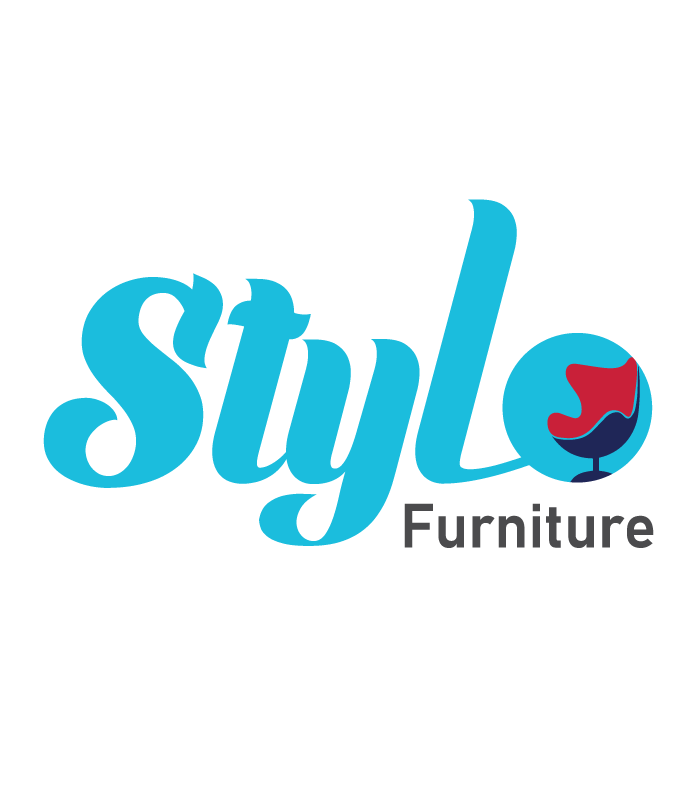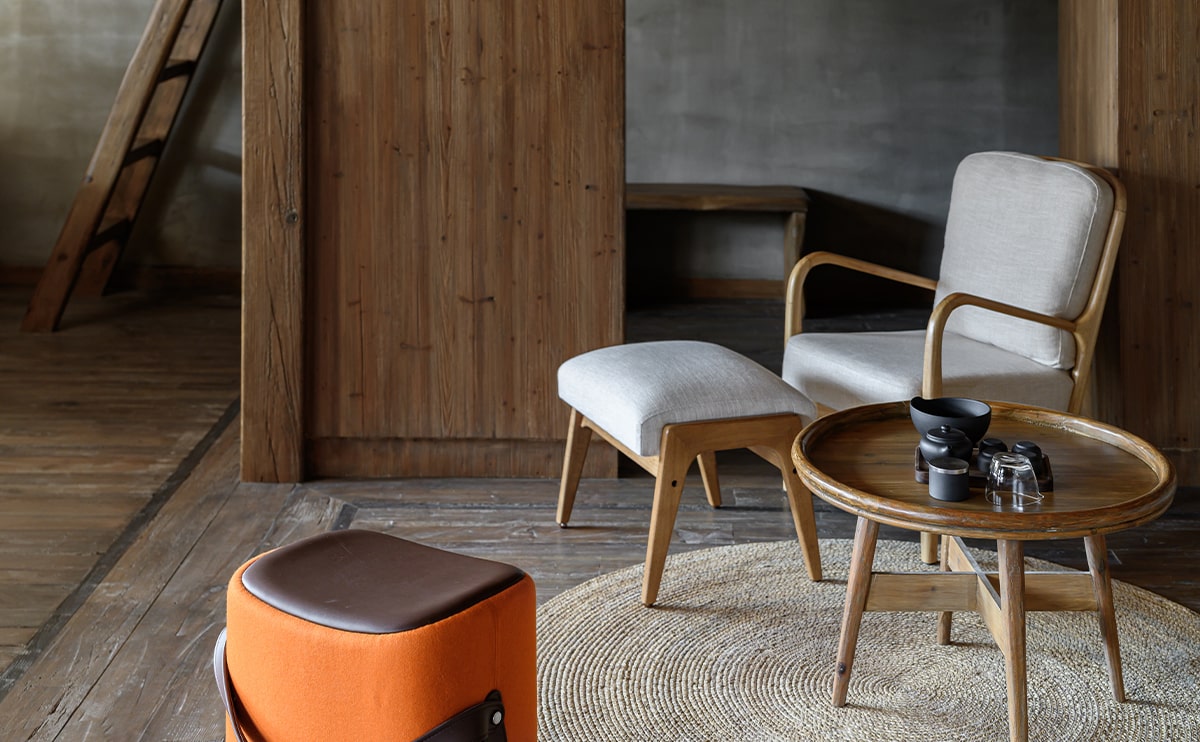Stylo Furniture Limited: Where Fashion Meets Functionality in Office and Home Décor – A Blueprint for Bangladesh’s Next Export Breakthrough
In today’s world of fast-evolving design trends and aesthetic standards, furniture is no longer just about function — it’s about identity, style, and aspiration. Stylo Furniture Limited, a rising force in Bangladesh’s manufacturing sector, embodies this evolution with elegance. Positioned at the intersection of art and utility, Stylo is redefining what office and home décor mean to the modern consumer, both domestically and globally.
The Rise of Stylo Furniture: More Than Just Wood and Nails
Founded with a bold vision to blend ergonomic utility with contemporary style, Stylo Furniture Limited has grown from a boutique workshop into a fully-fledged manufacturer and exporter of high-quality furniture. What makes Stylo unique is its ability to anticipate the tastes of a generation that craves comfort, minimalism, and a bold touch of individuality.
From sleek executive desks to Scandinavian-inspired lounge chairs, from modular workspace cubicles to handcrafted bedroom sets — each piece tells a story. It’s a story of ambition, precision craftsmanship, and a desire to place Bangladeshi furniture on the global style map.
Home & Office: Two Worlds, One Aesthetic
Stylo Furniture doesn’t treat home and office decor as two separate beasts. It understands that today’s professionals live hybrid lives — working from home, Zoom meetings in living rooms, brainstorming sessions in co-working lounges.
Its designs reflect this convergence. Home office furniture that doubles as décor. Office lobbies that feel like art galleries. Conference rooms that spark creativity, not anxiety. Bedrooms that offer tranquility and living spaces that celebrate personality.
Stylo and the Bangladeshi Furniture Industry
Bangladesh’s furniture industry has seen double-digit growth in recent years, fueled by urbanization, rising middle-class aspirations, and an expanding export footprint. Stylo Furniture is part of a new generation of companies reshaping the industry from labor-intensive to design-intensive.
It sources responsibly harvested wood, incorporates local materials like bamboo and cane, and is exploring recycled options to appeal to eco-conscious buyers. The firm has invested in modern CNC machines, UV finishing, 3D prototyping, and laser engraving to ensure precision and finish.
Government Support: An Unsung Hero
Behind every successful industry in Bangladesh lies the silent hand of policy, and furniture is no exception. The Government of Bangladesh, recognizing furniture as a priority sector, has extended multiple forms of support to help companies like Stylo grow.
Key Supports Include:
– **Cash incentives**: 15% export cash assistance for wooden furniture exports.
– **Duty-free import of machinery**: Enabling Stylo to upgrade its manufacturing facilities.
– **SME financing schemes**: Low-interest loans through the SME Foundation and Bangladesh Bank for capacity expansion.
– **Participation in international expos**: With support from EPB and the Ministry of Commerce, Stylo showcases its designs in Dubai, Germany, and Malaysia.
Such proactive support allows Stylo to compete not only with local giants but also with global brands in terms of both price and polish.
Export: The Global Dream in Motion
Stylo Furniture is not just dreaming global — it’s delivering. Already present in niche markets like the Maldives, Bhutan, and parts of the Middle East, it’s gearing up to break into Western retail and hospitality segments.
The Export Promotion Bureau has identified furniture as a $1 billion potential industry by 2030, and Stylo is front and center. Its products appeal to:
– Boutique hotels seeking custom lobby designs
– Tech offices needing agile furniture solutions
– Expat communities craving South Asian craftsmanship with modern aesthetics
Export readiness isn’t just about logistics; it’s about compliance and perception. Stylo’s products are tested for durability, fire resistance, and sustainability. It is currently working toward ISO certifications and FSC (Forest Stewardship Council) accreditation to meet EU and US standards.
Innovation as Culture
Stylo runs its own in-house design lab, where young Bangladeshi designers are encouraged to experiment. The company collaborates with design schools and institutes to nurture creativity and promote local talent.
Recent innovations include:
– Flat-pack designs for easy international shipping
– Multi-functional furniture with built-in charging docks
– Office pods that double as soundproof relaxation spaces
This dedication to constant reinvention keeps Stylo relevant in a fast-changing market.
Stylo’s Contribution to Employment & Skill Development
Beyond style and exports, Stylo Furniture plays a vital socio-economic role. With over 500 workers across its factory and showrooms, the company offers fair wages, skill training, and a gender-inclusive workspace. Nearly 35% of its workforce are women — a rarity in the sector.
It partners with technical schools and vocational institutes to offer internships and job placements, turning raw talent into skilled artisans and production managers.
Furniture & Fashion: A Cultural Crossover
Stylo doesn’t just sell furniture — it sells desire. In today’s Pinterest-fueled culture, consumers buy not just a table, but the lifestyle around it. Stylo understands this cultural current.
Its showroom aesthetics are curated like fashion boutiques. Seasonal collections are launched with themes: “Urban Jungle,” “ScandiZen,” “Heritage Luxe.” This branding strategy speaks to millennials and Gen Z buyers who want to express their identity through their interiors.
The Role of Policy in a Sustainable Furniture Future
To scale sustainably, Bangladesh needs a supportive ecosystem. Here’s what’s working — and what’s needed more:
What’s Working:
– Policy recognition: Furniture is now recognized as a “thrust sector” by the Ministry of Commerce.
– Infrastructure support: BEZA’s proposed Furniture Industrial Park will benefit manufacturers like Stylo.
– Export cash incentives: Critical for maintaining competitive pricing.
What’s Needed:
– Green certification subsidies: For companies pursuing FSC, LEED, or ISO 14001.
– R&D grants: To develop smart and ergonomic furniture with local IP.
– Tax breaks: For companies investing in sustainable and recycled materials.
If Bangladesh truly wants to become the “Vietnam of South Asia” for furniture, these policy enhancements are not optional — they are essential.
Looking Ahead: Stylo’s 2030 Vision
By 2030, Stylo aims to:
– Operate in 30+ export destinations
– Launch its own e-commerce platform with AR/VR integration for virtual showrooms
– Build a design school for aspiring furniture artists
– Establish a green-certified mega factory with a zero waste policy
Final Thoughts: More Than Furniture, It’s a Movement
Stylo Furniture Limited is not just making chairs and cabinets. It’s crafting dreams, upgrading lifestyles, creating jobs, and pushing Bangladesh into the global spotlight. It combines fashion and function, aesthetics and affordability, local roots and global wings.
With the right government backing, export incentives, and design passion, Stylo has everything it needs to lead Bangladesh’s furniture renaissance. This isn’t just about what you sit on — it’s about what you stand for.
Welcome to the future of furniture. Welcome to Stylo.
Case Studies: Stylo in the Global Arena
Stylo Furniture’s impact is already being felt beyond Bangladesh’s borders. In 2023, it signed a contract with a chain of eco-resorts in the Maldives to furnish over 200 villas with locally sourced, eco-friendly bedroom and dining sets. The result? Increased brand visibility and a powerful case for sustainability-driven design.
In Qatar, a boutique IT firm chose Stylo to furnish its innovation lab. What impressed them most wasn’t just the price, but the sleek modularity and speed of delivery. Stylo’s customer-first attitude and tailored design execution gave them an edge over competitors from China and Turkey.
These cases prove one thing: Bangladeshi furniture can compete — and win — globally.
Export Competitiveness: The Hidden Strengths
Bangladesh has several hidden strengths that support the global rise of companies like Stylo:
– Labor advantage: Skilled artisans and carpenters are available at a lower cost compared to Vietnam or Malaysia.
– Raw material sourcing: Local availability of jute, bamboo, and engineered wood helps manage cost and design diversity.
– Geographic positioning: Access to Bay of Bengal ports gives faster shipping timelines to South and Southeast Asia.
– Trade agreements: Bangladesh enjoys preferential trade terms (GSP, DFQF) with many export destinations.
If properly leveraged, these factors can propel furniture exports from $110 million today to $1 billion by 2030 — and Stylo is positioned to ride that wave.
Industrial Policy: The Road Ahead
The Bangladesh Investment Development Authority (BIDA) has already proposed simplifying the process of land allotment and utility connections for furniture companies looking to scale. Bangladesh Standards and Testing Institution (BSTI) is working on setting up a national certification framework for furniture products to ensure global recognition of quality.
BEZA (Bangladesh Economic Zones Authority) has proposed dedicated industrial parks for furniture clusters in Savar and Narayanganj. Stylo is actively participating in stakeholder meetings to help shape infrastructure that reflects industry needs.
This shows a new phase of collaboration — where policy isn’t just reactive, but consultative and forward-thinking.
Digital Transformation: The Next Leap
Stylo Furniture plans to launch an advanced digital platform with augmented reality (AR) features, allowing customers to visualize furniture in their own spaces before purchasing. A dedicated app will soon allow bulk buyers and architects to place custom orders directly from the design lab.
E-commerce growth, particularly after the COVID-19 pandemic, has forced furniture companies to rethink the showroom-first approach. Stylo now blends its in-store experience with digital touchpoints to give customers a seamless hybrid journey.
Global Retail Partnerships
Negotiations are currently underway between Stylo and European B2B buyers who are looking to replace their Chinese suppliers due to trade friction and rising costs. With price competitiveness, design flexibility, and ethical sourcing, Stylo is pitching itself as the “value alternative” to mainstream brands.
A partnership with a Scandinavian design house is also in discussion, aimed at launching a co-branded line of minimalist furniture made in Bangladesh.
Conclusion: Stylo’s Journey is Bangladesh’s Story
Stylo Furniture Limited isn’t just an isolated success story — it is a glimpse into what Bangladesh can become: a nation that doesn’t just sew for the world, but designs and builds for it.
It captures the spirit of a new Bangladesh — bold, creative, globally ambitious, and rooted in cultural confidence. With the right blend of government incentives, forward-thinking policy, and private innovation, Stylo’s rise could mark the dawn of a global design revolution led by Bangladesh.
The question is no longer “Can we do it?” but “When will the world catch up to what we’re building here?”
Stylo Furniture is more than a brand. It is a movement, and the world had better take a seat and watch.
Exporting Elegance: Stylo Furniture’s Journey from Dhaka to the World
19
Jul

